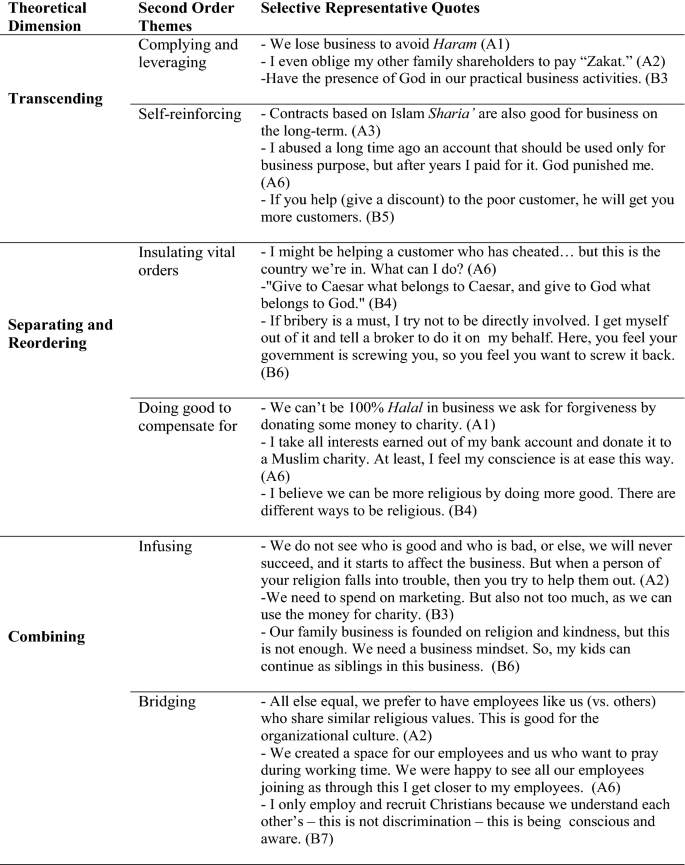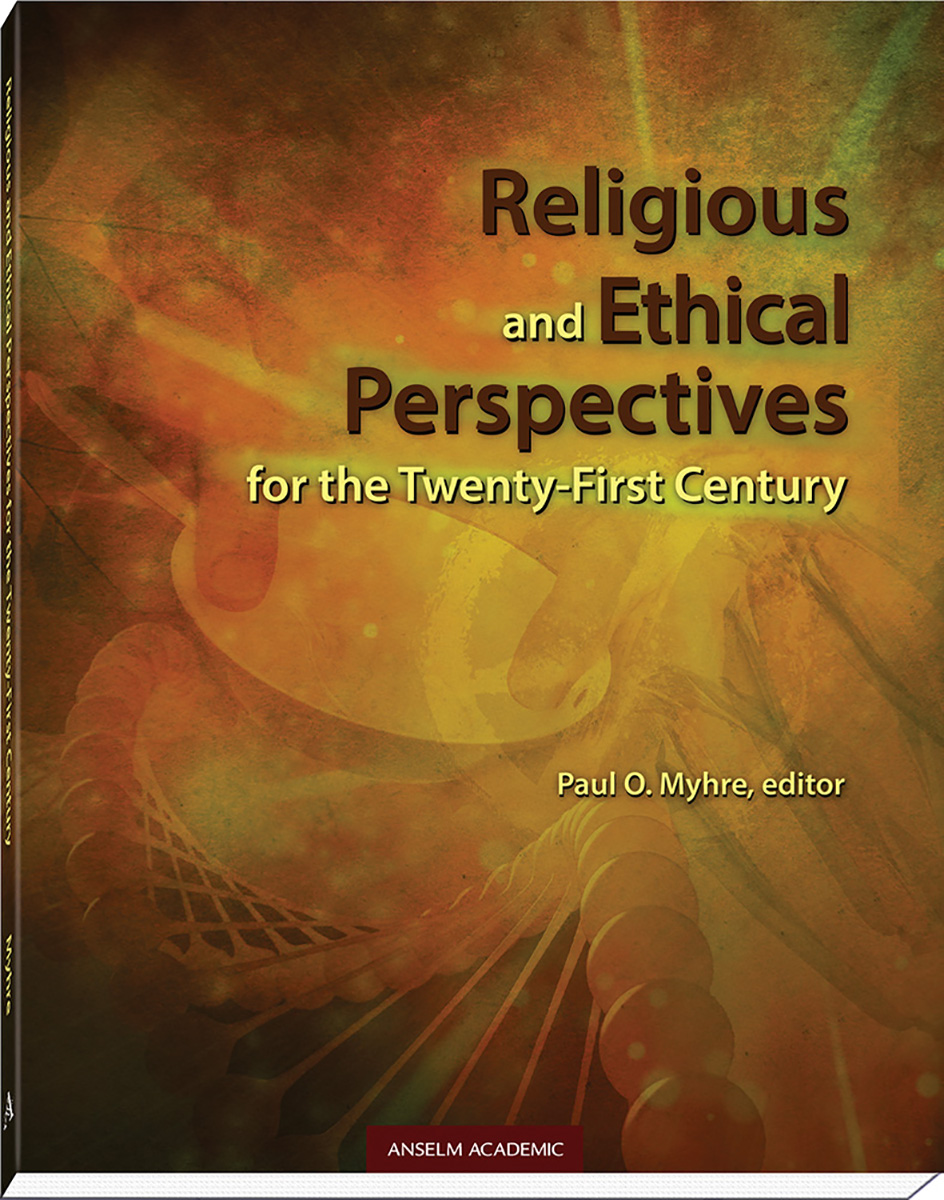The intersection of religion and ethics in business is a fascinating topic that delves into the deeper dimensions of corporate conduct. It raises important questions about the role of faith and moral values in shaping business practices and decision-making. In this article, we will explore this intriguing subject from a guiding perspective, examining how religion and ethics can provide valuable insights and principles for ethical business conduct.
Religion has long been a guiding force in people’s lives, offering a moral compass and a set of principles to live by. When it comes to business, these religious teachings can have a profound impact on ethical decision-making. Whether it’s the teachings of Christianity, Islam, Judaism, or any other faith, they often emphasize the importance of integrity, honesty, compassion, and fairness. These values are not only relevant in personal life but also in the business world. Incorporating religious principles into business practices can create a more ethical and responsible approach to conducting business.
Ethics, on the other hand, provides a framework for evaluating the moral implications of business decisions. It helps us navigate the complex landscape of dilemmas and trade-offs that arise in the corporate world. By incorporating ethical considerations into business practices, companies can build trust with their stakeholders, enhance their reputation, and contribute to the greater good of society. The intersection of religion and ethics in business offers a guiding perspective that can help navigate the challenges and complexities of the modern business landscape. In the following sections, we will delve deeper into this topic, exploring different religious and ethical perspectives and their implications for business conduct. So, let’s embark on this enlightening journey and uncover the valuable insights that religion and ethics bring to the world of business.

The Intersection of Religion and Ethics in Business: A Guiding Perspective
Religion and ethics play integral roles in shaping the values and principles of individuals and societies. When it comes to the world of business, the intersection of religion and ethics becomes particularly intriguing. This article explores the guiding perspective that religion and ethics provide in the business realm, shedding light on the importance of moral consciousness and the impact it can have on business practices.
The Influence of Religion on Business Ethics
Religion has long been a driving force behind ethical behavior, providing individuals with a moral compass that guides their actions. In the business context, religious beliefs can shape the ethical decisions made by entrepreneurs, executives, and employees. Various religious traditions promote values such as honesty, compassion, and fairness, which can translate into ethical business practices.
Religious teachings often emphasize the importance of integrity and treating others with respect. These principles can inspire business leaders to prioritize ethical conduct, fostering an environment of trust and professionalism. By aligning their business practices with their religious beliefs, individuals can navigate complex ethical dilemmas and make decisions that prioritize the well-being of all stakeholders.
Ethical Decision-Making: A Religious Perspective
When faced with ethical dilemmas, individuals who adhere to religious beliefs often seek guidance from their faith. Religious teachings provide a framework for ethical decision-making, offering insights into what is considered right and wrong within a specific religious context. This guidance can help business professionals navigate challenging situations and make choices that align with their religious principles.
One example of this is the concept of “golden rule” ethics, which can be found in various religious traditions. This principle encourages individuals to treat others as they would like to be treated. In the business world, this translates into fair treatment of employees, suppliers, and customers. By adopting this ethical perspective, business leaders can create a positive and inclusive work environment that fosters collaboration and mutual respect.
The Role of Ethics in Business Success
Ethical business practices can have a significant impact on the long-term success of an organization. When businesses prioritize ethical conduct, they build trust with their stakeholders, including customers, employees, and investors. This trust enhances the reputation of the company, attracting more customers and fostering loyalty among existing ones.
Furthermore, ethical behavior can lead to increased employee satisfaction and productivity. When employees feel that their organization operates with integrity and treats them fairly, they are more likely to be engaged and committed to their work. This, in turn, can result in higher levels of productivity and innovation, contributing to the overall success of the business.
In summary, the intersection of religion and ethics in business offers a guiding perspective that promotes moral consciousness and ethical decision-making. Religion provides individuals with a moral compass that shapes their values and principles, which can be translated into ethical business practices. By aligning their business operations with their religious beliefs, individuals can create a work environment that prioritizes integrity, fairness, and compassion. Ethical conduct not only enhances the reputation of the organization but also fosters trust among stakeholders and contributes to long-term business success.
Key Takeaways: The Intersection of Religion and Ethics in Business
- Religion and ethics play an important role in shaping business practices.
- Businesses should consider the ethical implications of their actions in relation to religious values.
- Religion can provide a guiding framework for making ethical decisions in business.
- Ethical business practices aligned with religious values can enhance reputation and trust.
- The intersection of religion and ethics in business promotes fairness, integrity, and social responsibility.
Frequently Asked Questions
What is the significance of the intersection of religion and ethics in business?
The intersection of religion and ethics in business holds great significance as it brings together two fundamental aspects of human existence and behavior. Religion provides a moral framework and ethical guidelines for individuals, while ethics govern the actions and decisions in business settings. When these two intersect, they create a guiding perspective that helps shape how individuals conduct themselves in the business world.
By incorporating religious principles into business ethics, organizations can promote values such as honesty, integrity, and compassion. This intersection encourages individuals and businesses to consider the broader impact of their actions, not only on their own success but also on society as a whole. It reminds us that business is not solely about profit-making but also about contributing to the well-being of employees, customers, and the community.
How does religion influence ethical decision-making in business?
Religion plays a significant role in influencing ethical decision-making in business. Many religious traditions provide moral guidelines and teachings that shape individuals’ values and beliefs. These values, in turn, influence how individuals approach ethical dilemmas and make decisions in the business context.
For example, religious teachings may emphasize the importance of honesty, fairness, and respect for others. When faced with an ethical dilemma, individuals who are guided by religious principles may be more inclined to prioritize these values over personal gain or short-term benefits. Religion can provide a moral compass, helping individuals navigate complex ethical situations and make decisions that align with their beliefs.
How can a guiding perspective based on the intersection of religion and ethics benefit businesses?
A guiding perspective based on the intersection of religion and ethics can benefit businesses in several ways. Firstly, it helps create a strong ethical culture within the organization. By incorporating religious principles into business ethics, companies can establish a framework that promotes integrity, transparency, and fairness. This, in turn, can enhance trust and reputation among stakeholders.
Additionally, a guiding perspective based on the intersection of religion and ethics encourages businesses to consider the broader impact of their actions. It reminds organizations to prioritize the well-being of employees, customers, and the environment, rather than focusing solely on profit maximization. This can lead to sustainable business practices, improved employee satisfaction, and stronger relationships with customers and the community.
Are there any challenges in integrating religion and ethics in the business context?
Integrating religion and ethics in the business context can pose certain challenges. One challenge is the diversity of religious beliefs and practices. In a multicultural society, businesses need to be respectful and inclusive of different religious perspectives. Finding common ground and shared ethical principles that align with various religious traditions can be complex but essential for fostering a cohesive and inclusive organizational culture.
Another challenge is balancing religious freedom and legal obligations. While individuals have the right to practice their religion, businesses must also comply with laws and regulations that promote equality and non-discrimination. Striking the right balance between religious accommodation and adherence to legal requirements can be a delicate process that requires careful consideration and sensitivity.
How can businesses navigate the intersection of religion and ethics in a globalized world?
In a globalized world, businesses must navigate the intersection of religion and ethics with cultural sensitivity and awareness. Recognizing and respecting the diversity of religious beliefs and practices is crucial. Companies should strive to create inclusive environments that accommodate religious diversity and foster understanding among employees of different faiths.
Furthermore, businesses operating in multiple countries and cultural contexts should be mindful of local customs and religious sensitivities. This requires conducting thorough research and understanding the specific religious and ethical considerations in each market. By engaging in respectful dialogue and adapting their practices accordingly, businesses can navigate the intersection of religion and ethics in a way that promotes cultural diversity and ethical integrity.

Final Summary: Navigating the Intersection of Religion and Ethics in Business
As we conclude our exploration of the intersection of religion and ethics in the business world, it becomes clear that this topic holds significant importance in shaping the values and practices of organizations. The guiding perspective provided by religious principles offers a moral compass that can influence decision-making and foster a more ethical business environment. By incorporating key elements such as integrity, compassion, and social responsibility, businesses can align their actions with the principles of various religions, ultimately leading to a more sustainable and harmonious society.
Religion provides a foundation for ethical behavior in business, reminding us of the importance of honesty, fairness, and respect. It encourages individuals and organizations to consider the impact of their actions on employees, customers, communities, and the environment. By embracing this guiding perspective, businesses can cultivate a culture of trust and accountability, enhancing their reputation and attracting socially conscious consumers. Moreover, the intersection of religion and ethics encourages businesses to embrace diversity and inclusivity, fostering an environment that celebrates different perspectives and promotes equality.
In conclusion, the intersection of religion and ethics in the business world offers a valuable guiding perspective for organizations. By integrating religious principles into their practices, businesses can navigate complex ethical dilemmas and contribute to the greater good. As we move forward, let us embrace the teachings of different religions to foster a more compassionate, responsible, and sustainable business landscape. By doing so, we can create a world where profitability and ethical values coexist, leading to a brighter and more harmonious future.